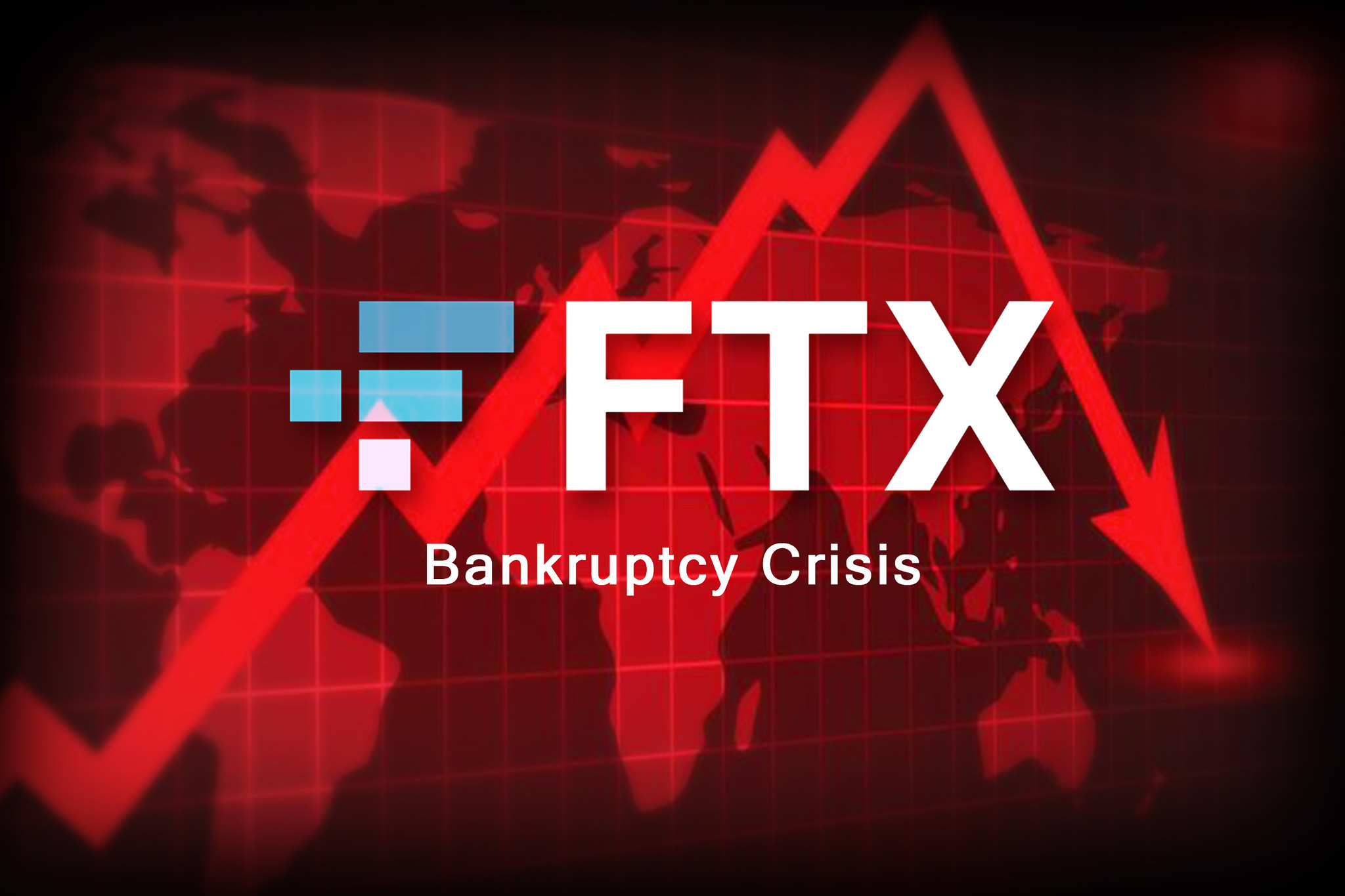In a major development today, FTX has received judicial approval to liquidate its cryptocurrency assets to repay its creditors.
The permission came from the U.S. Bankruptcy Court for the District of Delaware. This move enables FTX, which is undergoing bankruptcy proceedings, to not only sell but also stake and hedge its substantial cryptocurrency portfolio, currently valued at more than $3.4 billion.
Judge’s Take in the FTX Trial
During the court session, Judge John Dorsey gave the green light to FTX’s request, despite objections against the proposal. Legal representation for a group of FTX users showed their support for the proposal at the hearing.
Additionally, an attorney for the committee of unsecured creditors mentioned that all parties involved wanted to speed up the resolution.
“The sooner we can get this process rolling, the better,” he said.
Earlier in August, FTX had formally asked the court for authorization to perform these financial maneuvers. The argument put forth was that by hedging its cryptocurrency holdings, the company could minimize potential losses before selling assets like Bitcoin or Ether. Staking specific digital currencies, as per FTX’s legal team, would generate low-risk income from these otherwise dormant assets.
Questions Around Asset Ownership
During the hearing, the judge asked for clarity about asset ownership within FTX’s cryptocurrency pool. One attorney for the exchange clarified that FTX considers these digital assets to belong to the debtors. Another legal representative pointed out that these assets are lumped together in a single pool and could not be linked back to any specific customer.
FTX has also expressed an interest in bringing on Mike Novogratz from Galaxy Digital as an advisor for the exchange.
The Composition of FTX’s Cryptocurrency Holdings
Earlier this week, FTX provided details about the composition of its cryptocurrency holdings. The exchange has $1.16 billion in Solana (SOL), which accounts for approximately 16% of the token’s entire circulation. It also possesses around $560 million in Bitcoin (BTC), $192 million in Ethereum (ETH), $137 million in APT, $119 million in XRP, $49 million in BIT, and $46 million in STG.
As the FTX trial progresses, these details provide a clearer picture of what assets the exchange could potentially sell or manage to repay its creditors. While we know the types and approximate values of the cryptocurrencies FTX holds, the exchange has not yet revealed which specific assets it plans to trade or invest.
This new development in the FTX trial marks a big step for the exchange and its stakeholders. The court’s recent decision in the FTX trial sets the stage for how the exchange will go about settling its financial obligations. With the disclosed asset values, stakeholders have a more transparent view of FTX’s financial situation.
In a major development today, FTX has received judicial approval to liquidate its cryptocurrency assets to repay its creditors.
The permission came from the U.S. Bankruptcy Court for the District of Delaware. This move enables FTX, which is undergoing bankruptcy proceedings, to not only sell but also stake and hedge its substantial cryptocurrency portfolio, currently valued at more than $3.4 billion.
Judge’s Take in the FTX Trial
During the court session, Judge John Dorsey gave the green light to FTX’s request, despite objections against the proposal. Legal representation for a group of FTX users showed their support for the proposal at the hearing.
Additionally, an attorney for the committee of unsecured creditors mentioned that all parties involved wanted to speed up the resolution.
“The sooner we can get this process rolling, the better,” he said.
Earlier in August, FTX had formally asked the court for authorization to perform these financial maneuvers. The argument put forth was that by hedging its cryptocurrency holdings, the company could minimize potential losses before selling assets like Bitcoin or Ether. Staking specific digital currencies, as per FTX’s legal team, would generate low-risk income from these otherwise dormant assets.
Questions Around Asset Ownership
During the hearing, the judge asked for clarity about asset ownership within FTX’s cryptocurrency pool. One attorney for the exchange clarified that FTX considers these digital assets to belong to the debtors. Another legal representative pointed out that these assets are lumped together in a single pool and could not be linked back to any specific customer.
FTX has also expressed an interest in bringing on Mike Novogratz from Galaxy Digital as an advisor for the exchange.
The Composition of FTX’s Cryptocurrency Holdings
Earlier this week, FTX provided details about the composition of its cryptocurrency holdings. The exchange has $1.16 billion in Solana (SOL), which accounts for approximately 16% of the token’s entire circulation. It also possesses around $560 million in Bitcoin (BTC), $192 million in Ethereum (ETH), $137 million in APT, $119 million in XRP, $49 million in BIT, and $46 million in STG.
As the FTX trial progresses, these details provide a clearer picture of what assets the exchange could potentially sell or manage to repay its creditors. While we know the types and approximate values of the cryptocurrencies FTX holds, the exchange has not yet revealed which specific assets it plans to trade or invest.
This new development in the FTX trial marks a big step for the exchange and its stakeholders. The court’s recent decision in the FTX trial sets the stage for how the exchange will go about settling its financial obligations. With the disclosed asset values, stakeholders have a more transparent view of FTX’s financial situation.
